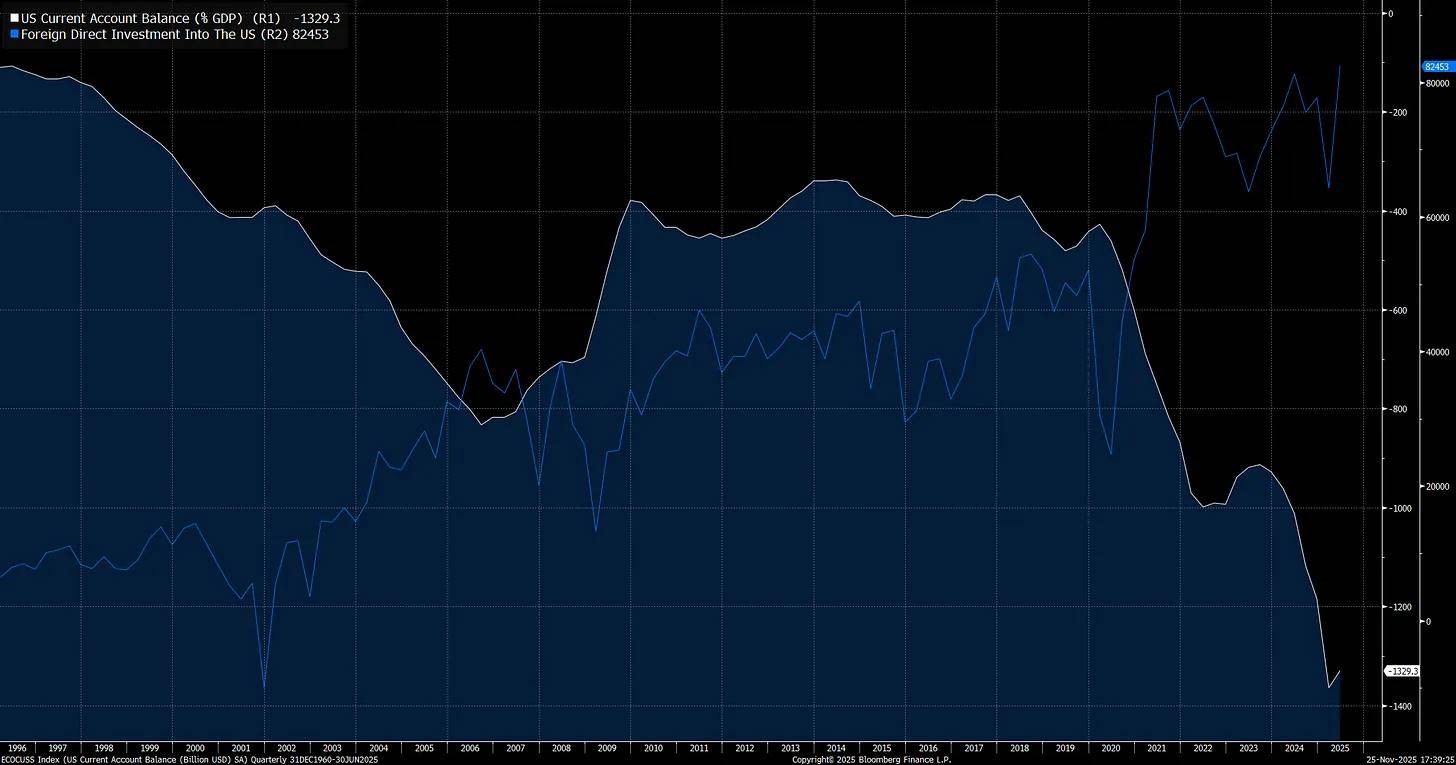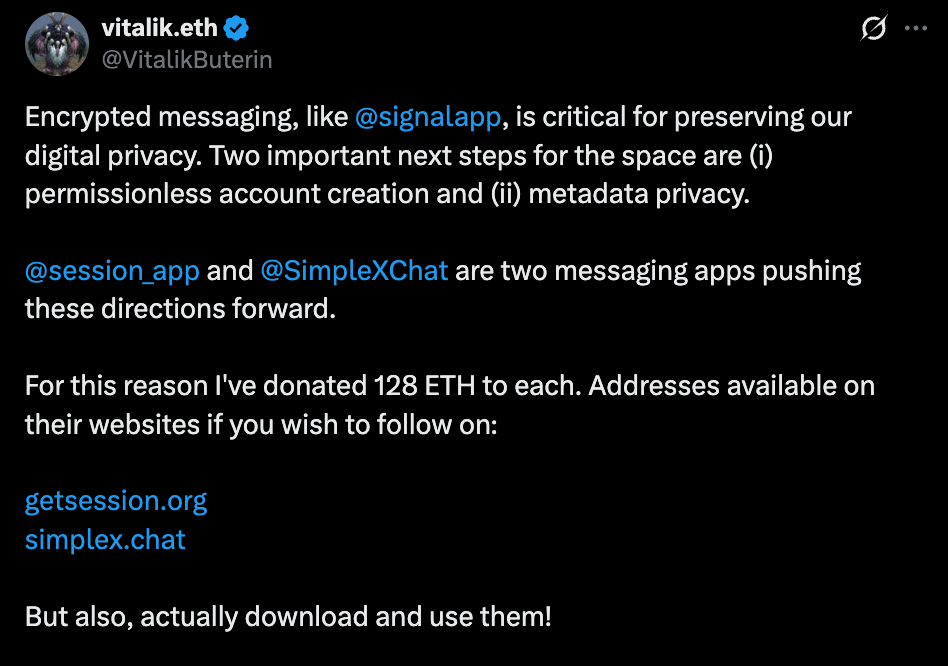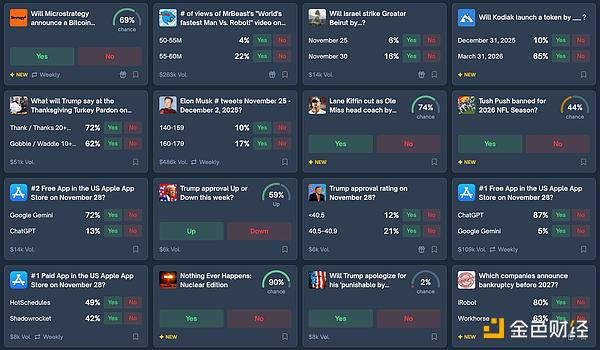The New Gold Rush: Decentralized Ownership is Reshaping Creative Industries
- Decentralized ownership models (NFTs, DAOs) are transforming creative industries by replacing traditional gatekeepers with tokenized, community-driven funding and governance. - DAOs like MolochDAO use smart contracts to pool capital, enabling stakeholders to vote on creative projects and revenue sharing via transparent on-chain governance. - A 2025 study shows on-chain governance raises 87% more funds than off-chain methods, driven by real-time transparency and trust in decentralized decision-making. - L
The creative industries are undergoing a seismic shift, driven by decentralized ownership models that are upending traditional funding and governance structures. From NFTs to DAOs, these innovations are not just buzzwords—they’re blueprints for a new era of democratized creativity and capital. Let’s break it down.
The Funding Revolution: From Gatekeepers to Token Holders
For decades, creative projects relied on intermediaries—record labels, publishers, or venture capitalists—to fund and distribute work. But platforms like YouTube and Patreon have already shown that creators can bypass these gatekeepers, directly monetizing their audiences [2]. Now, Web3 is taking this a step further. Decentralized autonomous organizations (DAOs) like MolochDAO and MakerDAO are using tokenization and smart contracts to pool capital and fund creative ventures collectively [5]. This isn’t just about money—it’s about aligning incentives. Token holders become stakeholders, voting on which projects get funded and how revenues are shared.
The data backs this up. A 2025 study found that DAOs with on-chain governance mechanisms raised 87% more funding than those using off-chain voting [2]. Why? Transparency and trust. On-chain systems allow real-time tracking of decisions and funds, reducing the risk of mismanagement. For investors, this means higher confidence in the projects they support.
Governance 2.0: Liquid Democracy and the Future of Decision-Making
Traditional governance models in creative industries are often hierarchical and opaque. But DAOs are experimenting with radical alternatives. The Internet Computer Protocol’s Service Nervous System (SNS), for example, enables 64% average participation rates in governance decisions, with votes finalized in just 1.14 days [5]. That’s a far cry from the months-long delays of board meetings or shareholder votes.
Even more intriguing is the rise of liquid democracy—a hybrid model where token holders can delegate their voting power to trusted representatives. This approach combats the “declining participation” problem seen in many blockchain-based DAOs [5]. Imagine a world where fans of a musician or filmmaker can vote on creative direction, or where a decentralized community decides which indie games get funded. It’s not just disruptive—it’s transformative.
Challenges and the Road Ahead
Of course, decentralized ownership isn’t without its hurdles. Scalability remains a pain point, as DAOs struggle to handle large-scale projects. Legal uncertainties also loom, particularly around securities laws and intellectual property rights [2]. But these are not dealbreakers—they’re growing pains. The key is to prioritize equitable policies that ensure transparency and sustainability [5].
The Investment Takeaway
For investors, the message is clear: decentralized ownership models are here to stay. They’re not just reshaping how creative assets are funded—they’re redefining who gets to create, govern, and profit. Early adopters of platforms like SNS or liquid democracy frameworks could see outsized returns as these systems mature. But act now. The next “YouTube” or “Spotify” might be a DAO-driven project, and the window to get in is closing fast.
Source:
[1] Global Dynamics of Digital Platforms: Transforming Creative Industries with Equity and Sustainability
[2] Voting governance and value creation in decentralized
[3] Democracy for DAOs: An Empirical Study of Decentralized
[4] Decentralizing governance: exploring the dynamics and ...
Disclaimer: The content of this article solely reflects the author's opinion and does not represent the platform in any capacity. This article is not intended to serve as a reference for making investment decisions.
You may also like
Interview with VanEck Investment Manager: From an Institutional Perspective, Should You Buy BTC Now?
The support levels near $78,000 and $70,000 present a good entry opportunity.

Macroeconomic Report: How Trump, the Federal Reserve, and Trade Sparked the Biggest Market Volatility in History
The deliberate devaluation of the US dollar, combined with extreme cross-border imbalances and excessive valuations, is brewing a volatility event.

Vitalik donated 256 ETH to two chat apps you've never heard of—what exactly is he betting on?
He made it clear: neither of these two applications is perfect, and there is still a long way to go to achieve true user experience and security.

Prediction Market Supercycle
